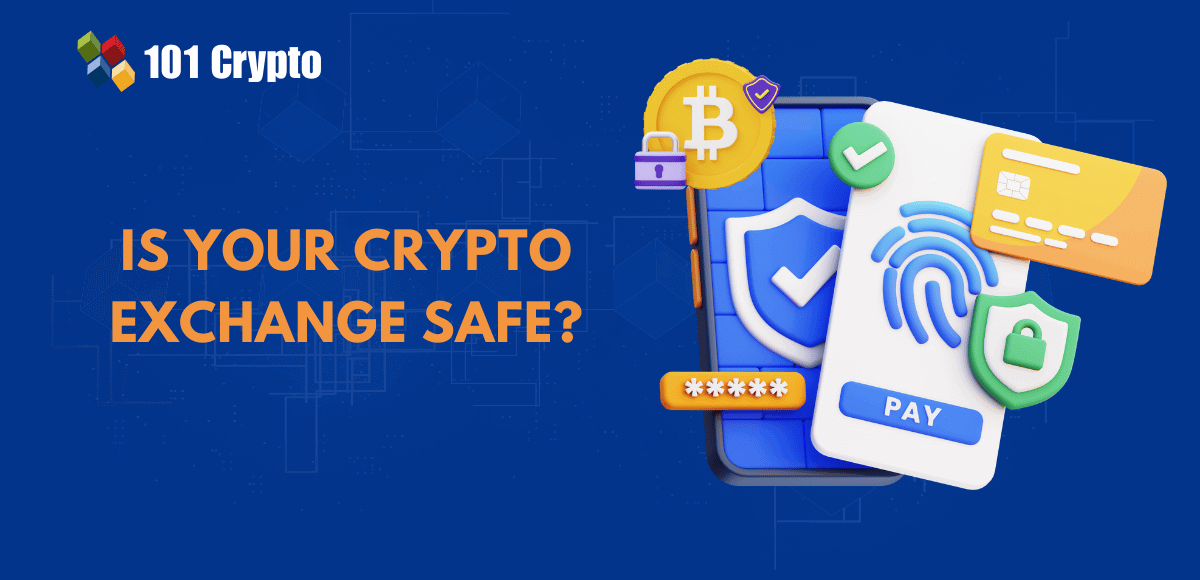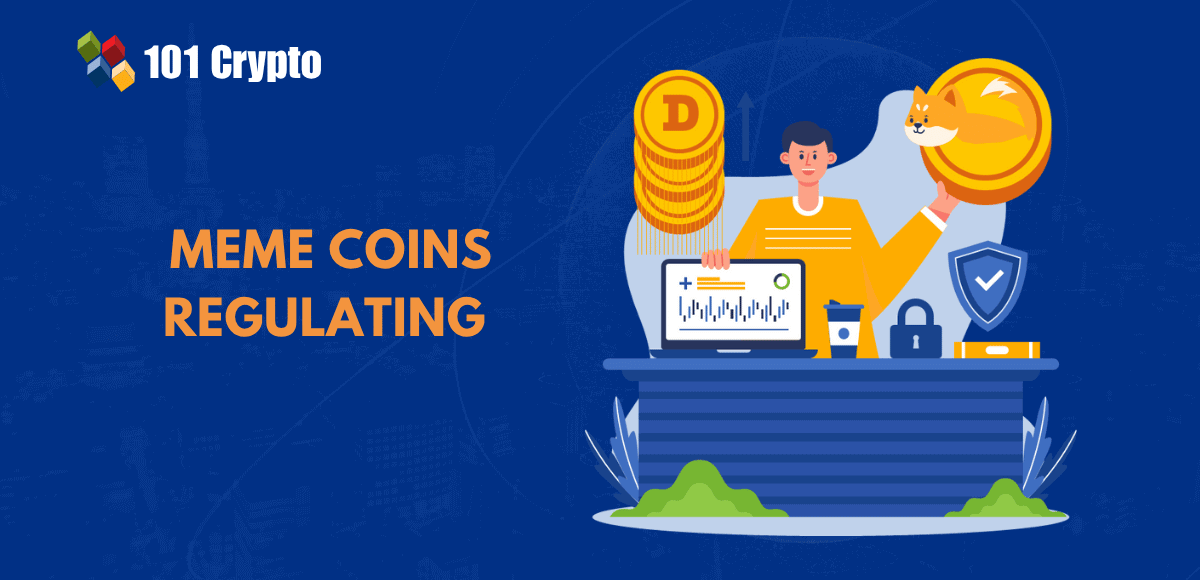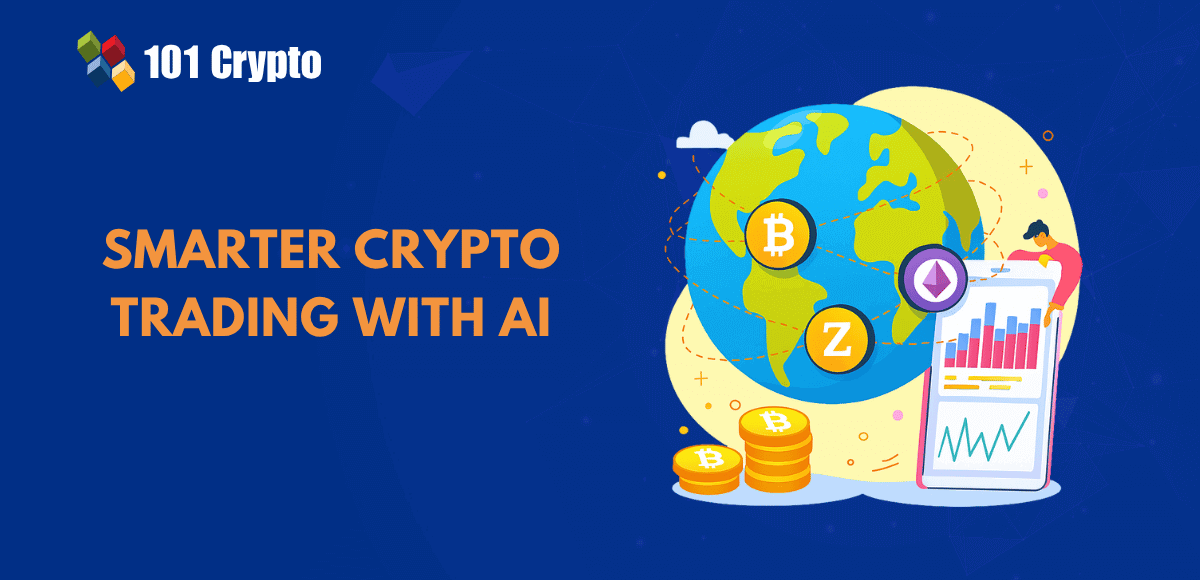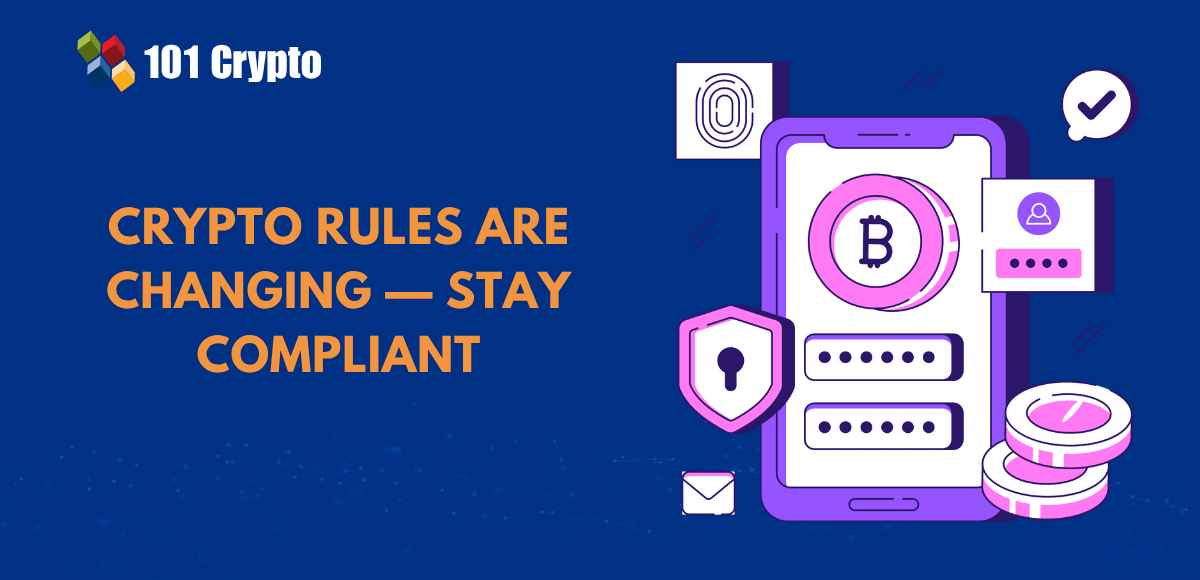The fascinating world of cryptocurrencies is now within your reach, thanks to cryptocurrency exchanges. Anyone can join a crypto exchange by creating an account, just like signing up for an email service, and buy and sell cryptocurrencies. As the cryptocurrency landscape embraces innovative technologies and showcases potential for long-term growth, crypto exchanges continue gaining more users. At this point of time, cryptocurrency exchange safety has emerged as a formidable concern of crypto traders and investors. Beginners are more likely to be worried about safety of crypto exchange sites with rising cases of security breaches and scams. Let us find out whether crypto exchanges are safe options for interacting with the crypto space.
Enroll now in the Bitcoin Fundamentals Free Course to gain deep insights on how the Bitcoin blockchain works.
Navigating the Crypto Space with Exchanges
Crypto exchanges are marketplaces where you can buy and sell cryptocurrencies. Imagine crypto exchanges as bigger and bustling marketplaces where the slightest mistake can lead to huge losses. Cryptocurrency exchanges are the top targets of malicious actors who have their eyes on your valuable crypto assets. Therefore, you must choose cryptocurrency exchanges that provide the assurance of safeguarding your crypto holdings.
Which type of crypto exchange is a secure option? The two common variants of crypto exchanges that you can use now include centralized and decentralized exchanges. You can find secure cryptocurrency exchanges only after reviewing the security measures they have to offer. Understanding the risks associated with the two main variants of crypto exchanges can help you identify the ideal pick for your crypto journey.
-
Centralized Exchanges
Centralized crypto exchanges are the common choice of crypto exchanges, especially for beginners. Some of the notable examples of centralized crypto exchanges include Kraken, Coinbase, and Binance. You can draw some similarities between centralized exchanges and traditional banks where you can deposit fiat currencies and buy cryptocurrencies.
The exchange will hold your cryptocurrencies just like the bank stores your money. In addition, the exchange is also responsible for managing your private keys, thereby facilitating easier portfolio management and seamless trading. The notable benefits of centralized exchanges include higher liquidity, trading features, and customer support. However, they also come with limitations like a single point of failure and custodial risk.
-
Decentralized Exchanges
Decentralized exchanges emerged as an alternative to centralized exchanges with the assurance of addressing their limitations. The working mechanism of decentralized crypto exchanges does not involve a central authority, thereby resolving the concerns of custody risks. Some of the most popular decentralized exchanges in the crypto space include Uniswap and PancakeSwap. The most promising highlight of decentralized exchanges is the fact that you will have control over your private keys.
The non-custodial nature of decentralized exchanges addresses the question “Are crypto exchanges safe?” to a certain extent. How? Non-custodial DEXs ensure that there is no risk of losing your funds in event of an insolvency or security breach. On top of it, DEXs don’t require personal information of users, thereby ensuring better anonymity. Without any central entity governing their operations, decentralized crypto exchanges are not affected by government restrictions. Despite having so many advantages, decentralized exchanges have limitations like lack of liquidity and customer support.
General Security Risks for Cryptocurrency Exchanges
Irrespective of the advantages offered by centralized and decentralized crypto exchanges, you will notice that security is a daunting concern. Crypto exchange users can prepare their first line of defense against security risks by identifying the common threats. The following security risks pose the biggest dangers to the safety of crypto exchanges.
-
Phishing Attacks
The most common security risk that you can come across on crypto exchanges is phishing. Phishing is one of the notable crypto exchange site risks that can go unnoticed until it causes damage. Imagine a scenario in which you receive an email that looks exactly like one from your crypto exchange. The content of the email might not be suspicious and may be as simple as asking you to verify your details or the account. Once you click on the link and enter your information, you will lose all your credentials. Therefore, you must check every URL and link before clicking to avoid phishing scams.
-
Security Breach
Centralized exchanges are the biggest target for security breaches as they have a single point of failure. The crypto landscape has witnessed many centralized exchanges becoming the victims of breaches that led to humongous losses. Malicious agents can exploit various vulnerabilities of crypto exchanges like their hot wallets or private key management systems for breaking into the exchanges.
-
Smart Contract Vulnerabilities
If you thought that centralized crypto exchanges are the only ones that are unsafe, then you must think about how decentralized exchanges work. Decentralized exchanges might not be the safest crypto exchanges for beginners as they are susceptible to smart contract vulnerabilities. DEXs run on smart contracts, and hackers can exploit flaws in the smart contracts to steal crypto assets. You can avoid such risks by choosing decentralized exchanges that go through rigorous audits.
Security Measures Adopted by Crypto Exchanges
The security risks for crypto exchanges create doubts in the mind of every user as they cannot put their valuable money at risk. Why do you think crypto exchanges have garnered millions of users? Popular cryptocurrency exchanges invest a lot on security measures for protecting user funds against threats. The following practices are common highlights of every trusted cryptocurrency exchange.
-
Multi-Signature Wallets
Crypto exchanges use multi-signature or ‘Multi-Sig’ wallets to safeguard user funds from unauthorized transactions. It follows the same approach as using multiple keys to open a box. Multi-sig wallets require multiple private keys for authorizing transactions, which means that a single compromised key cannot approve transactions. Many exchanges rely on the multi-sig approach to provide access to their cold storage and specific withdrawal thresholds.
-
Two-Factor Authentication
Another common security measure that you will find in major crypto exchanges is two-factor authentication. The primary advantage of 2FA in crypto exchanges is the additional layer of security. Two-factor authentication requires another verification step after entering your password on a crypto exchange. The second verification step may involve a hardware key, a special question or a code, thereby enhancing user account protection.
-
Cold Storage
One of the most ingenuous security measures adopted by crypto exchanges is cold storage. Crypto exchanges store a huge chunk of their user assets in cold storage or offline wallets, which are not vulnerable to online security breaches. The exchanges store only a small share of funds in hot wallets for daily transactions to provide a seamless user experience.
-
KYC and AML Compliance
Centralized crypto exchanges adhere to KYC and AML regulations to prevent the risks of fraud and money laundering. KYC and AML protocols of crypto exchanges might be an inconvenience for some users. However, they help in verification of user identities and transaction monitoring, which help in creating a safer environment for users.
-
Insurance Funds
The search for answers to “What makes a crypto exchange secure?” will also lead you to exchanges that offer insurance funds. Larger crypto exchanges have insurance funds for offering compensation to users in the event of security breaches. Insurance funds may not be a guarantee for the security of a crypto exchange although they make an exchange more trustworthy.
Responsibility of the User in Security of Crypto Exchanges
The responsibility for security of crypto exchange sites does not fall completely on the exchange itself. As a user, you also have a role to play in determining the security of crypto exchanges. The following pointers will help you ensure secure transactions on any crypto exchange of your choice.
- Always use strong and unique passwords. Use a combination of letters, symbols and numbers to make your password hard to crack.
- Verify every URL and link before giving your crypto exchange credentials and never click on suspicious links.
- Never forget to enable two-factor authentication for your crypto exchange account.
- Choose a hardware wallet for storing a large amount of crypto assets which you don’t intend to use frequently.
- Monitor your login activity and transaction history on the exchange regularly to identify any suspicious patterns.
- Stay updated with information on latest scams, best practices for security, and social engineering practices used by hackers.
- Avoid public Wi-Fi networks for transactions on a crypto exchange as someone might be eavesdropping.
- Ensure that your crypto exchange app, operating system and browser have been updated to their latest versions with new security patches.
Final Thoughts
The use of centralized and decentralized crypto exchanges has been gaining momentum as the crypto market expands. You can rely on secure cryptocurrency exchanges to ensure that your crypto assets are safe. How can you know which crypto exchange is the safest option? It is important to review the features of the exchanges and check how much it focuses on security.
Some of the notable security features of crypto exchanges include two-factor authentication, multi-sig wallets and cold storage. On top of it, the security of crypto exchanges is also the responsibility of users. You can make a crypto exchange safer by following KYC and AML protocols, enabling two-factor authentication and keeping your crypto exchange app updated. Learn more about the top crypto exchanges and their security features now.
Disclaimer
The article should not be taken as, and is not intended to provide any investment advice. Claims made in this article do not constitute investment advice and should not be taken as such. 101 Crypto shall not be responsible for any loss sustained by any person who relies on this article. Do your own research!







